Bio-degradable cards
Every card imaginable!
|
Bio-degradable cards Every card imaginable! Best Assistance Dog Breeds and How Our Assistance Dog ID Cards Make a Difference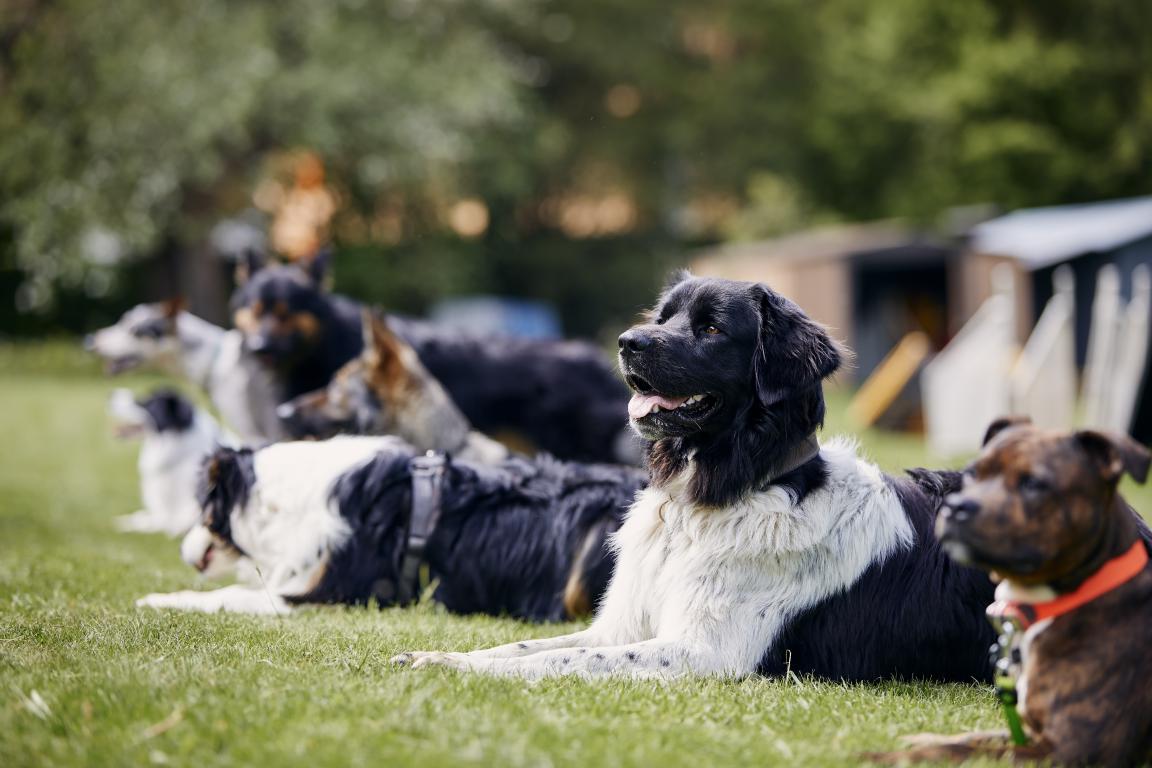
The Best Types of Dogs for Assistance Work Assistance dogs are trained to help people with disabilities live more independent and fulfilling lives. They assist in everyday activities, provide support in times of distress, and even help individuals regain confidence. Selecting the right breed is crucial, as certain breeds naturally possess qualities that make them well-suited for this important role. In this blog post, we’ll explore some of the best dog breeds for assistance work, detailing what makes each of them ideal companions for those in need. 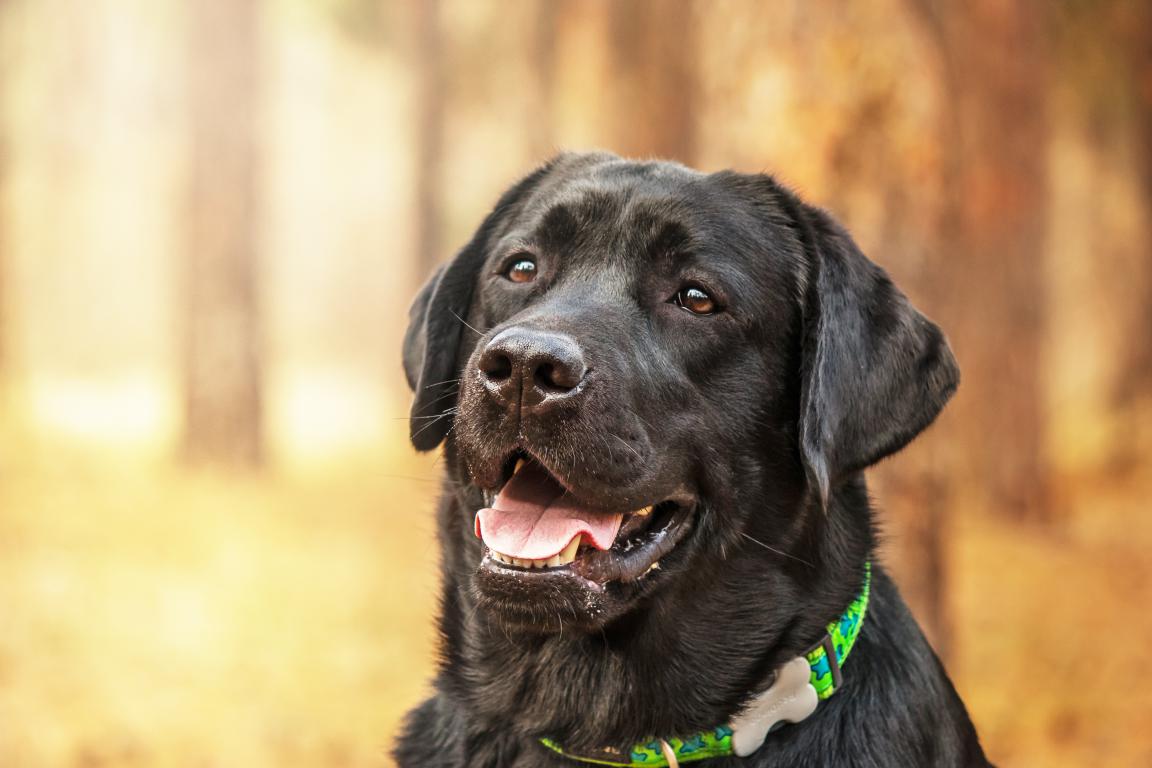
Labrador RetrieverLabrador Retrievers are, without a doubt, one of the most popular choices for assistance work, and it's easy to understand why. These dogs are gentle, intelligent, and eager to please, making them a perfect fit for this demanding role.
1. Intelligence and Trainability
2. Friendly and Non-Aggressive Nature
3. Strong Work Ethic and Reliability
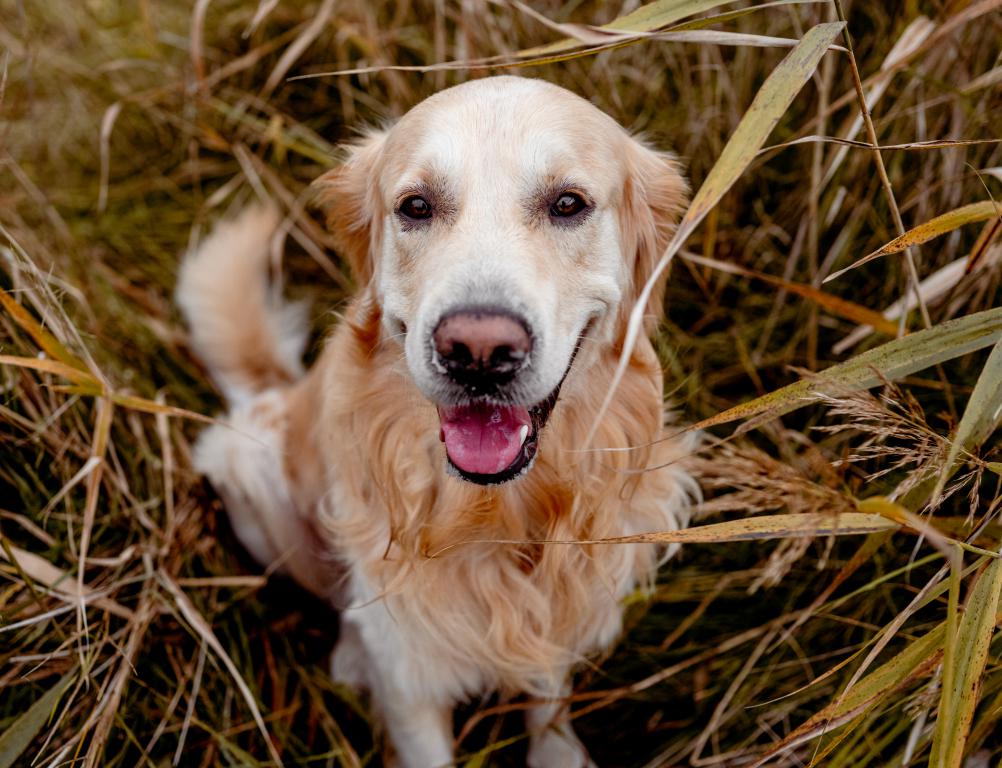
Golden RetrieverGolden Retrievers are another popular breed often chosen for assistance roles, particularly for individuals with visual impairments or those needing emotional support. Their gentle disposition and intelligence make them well-suited for various assistance tasks.
1. Patient and Adaptable
2. Strong Bonding Ability
3. Suitable for Various Roles
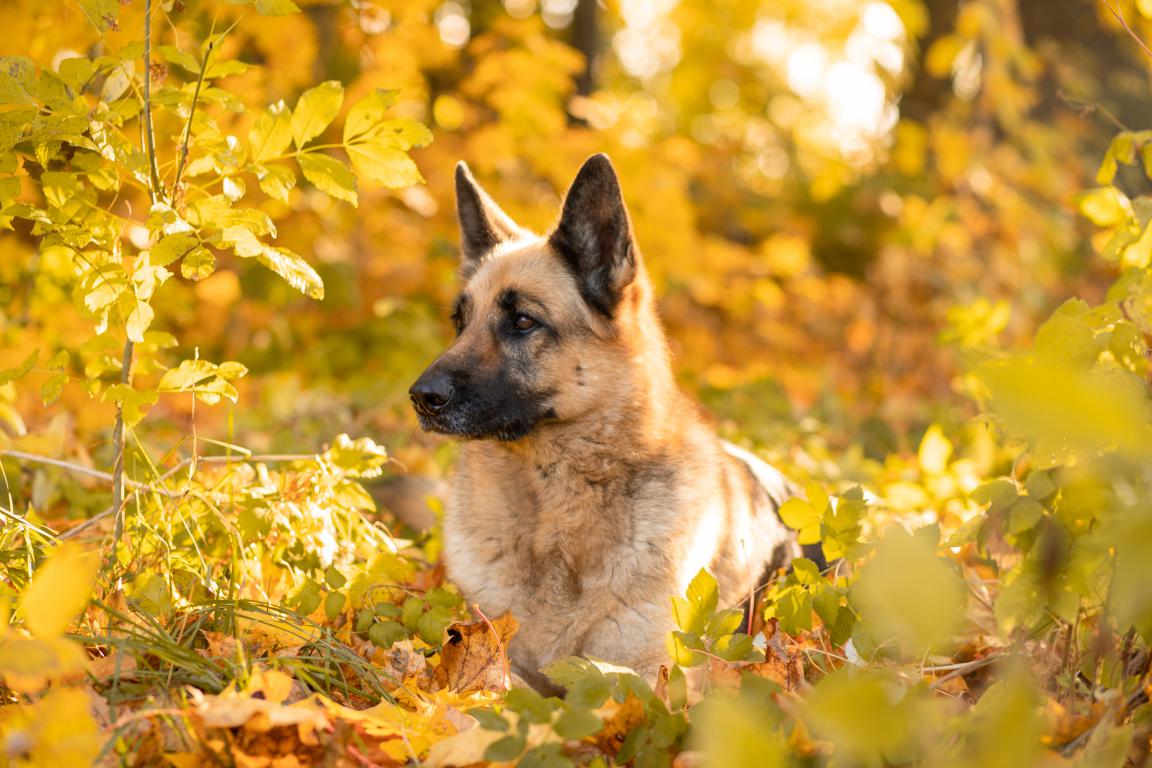
German ShepherdGerman Shepherds are a less common but incredibly effective breed for assistance work, particularly when it comes to physical disabilities and tasks requiring strength. Their intelligence, loyalty, and protective instincts make them suitable for more challenging assistance roles.
1. Protective but Controlled
2. Strength and Endurance
3. Versatile and Highly Trainable
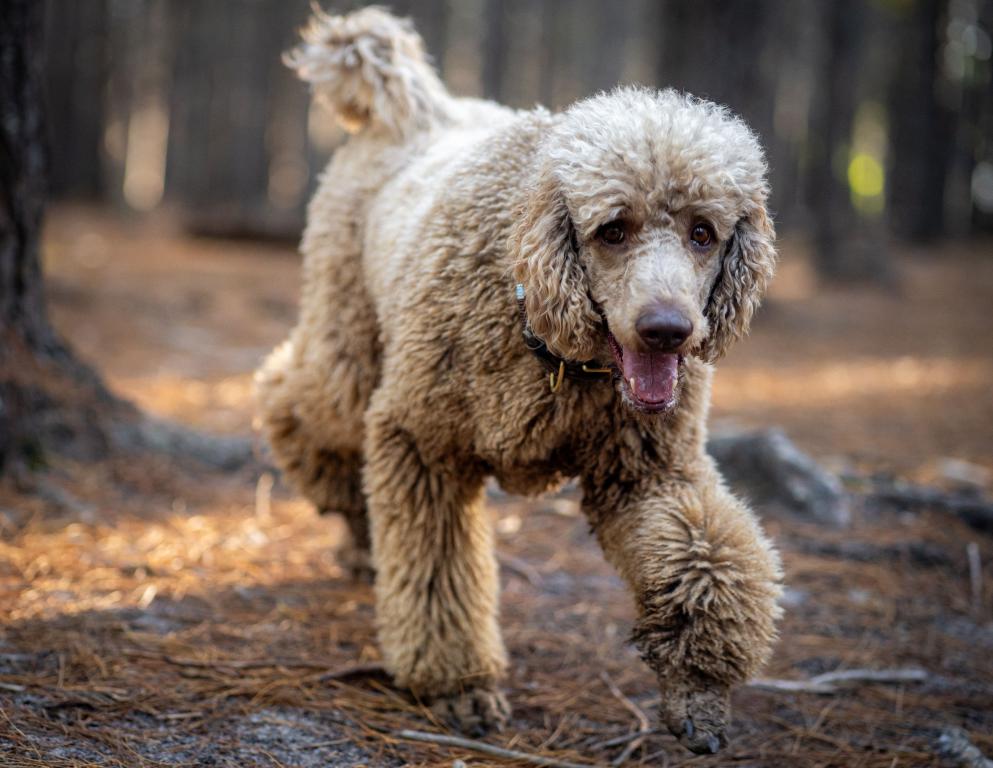
Poodle (Standard Size)Poodles, particularly Standard Poodles, are a popular choice for individuals with allergies, as they are hypoallergenic. They are also intelligent, responsive, and well-suited for assistance work, making them a favourite among assistance dog organisations.
1. Hypoallergenic Coat
2. High Intelligence
3. Gentle and Attentive Nature
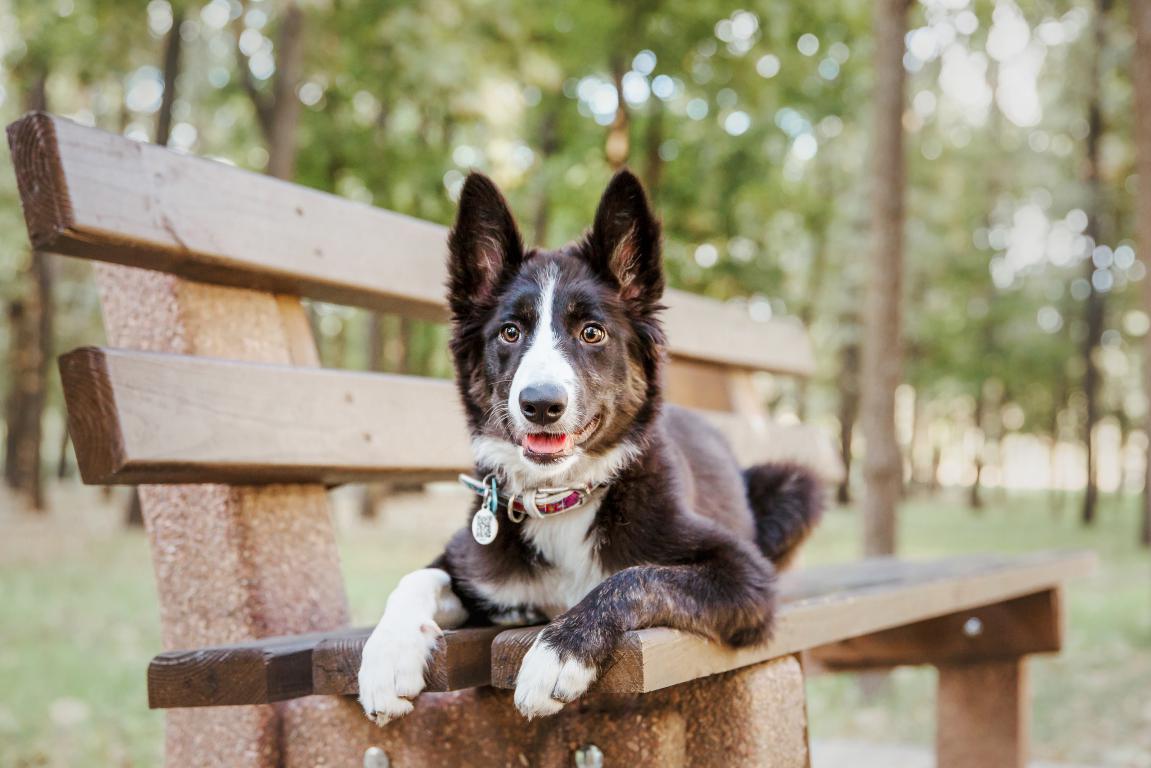
Border CollieBorder Collies are known for their incredible intelligence and agility. Though not as commonly used as Labradors or Golden Retrievers, Border Collies can be exceptional assistance dogs for those who have very active lifestyles or require more complex assistance.
1. Intelligence and Problem-Solving Skills
2. Energetic and Agile
3. Strong Bond with Handlers
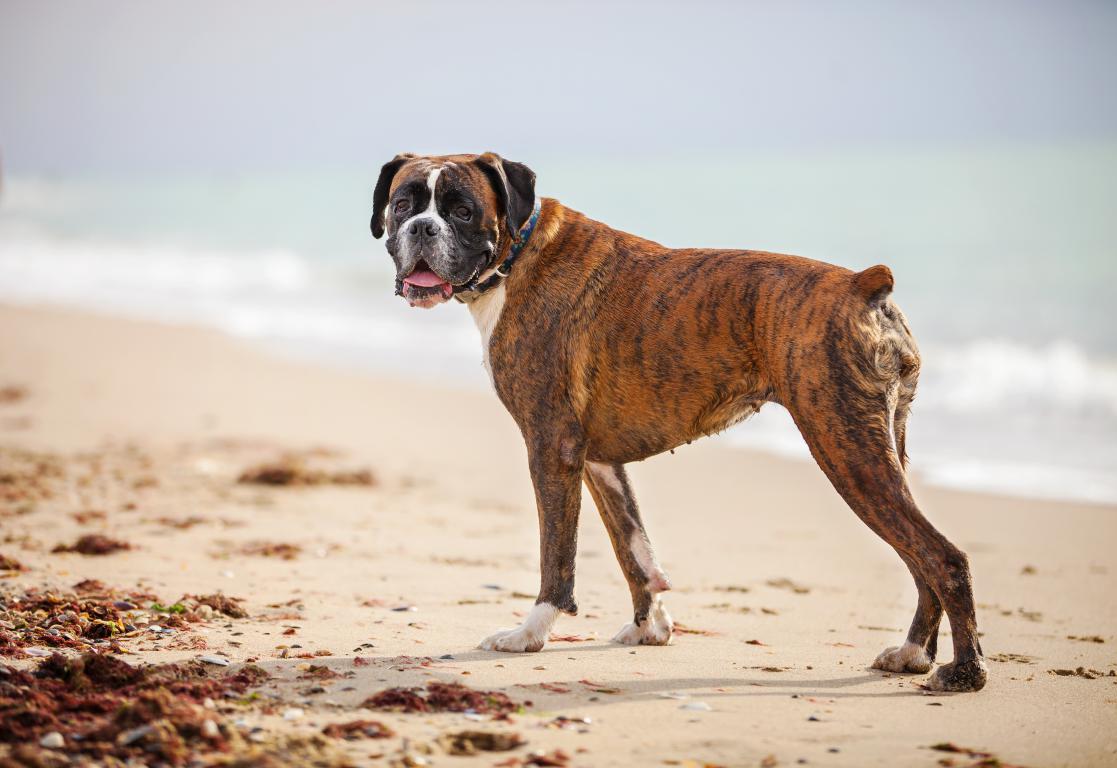
BoxerBoxers are often overlooked in assistance work but have qualities that make them suitable for certain roles, particularly those requiring physical strength and a playful yet controlled nature. They are known for their loyalty, patience, and strength.
1. Physical Strength for Mobility Assistance
2. Patient and Gentle
3. Playful and Energetic
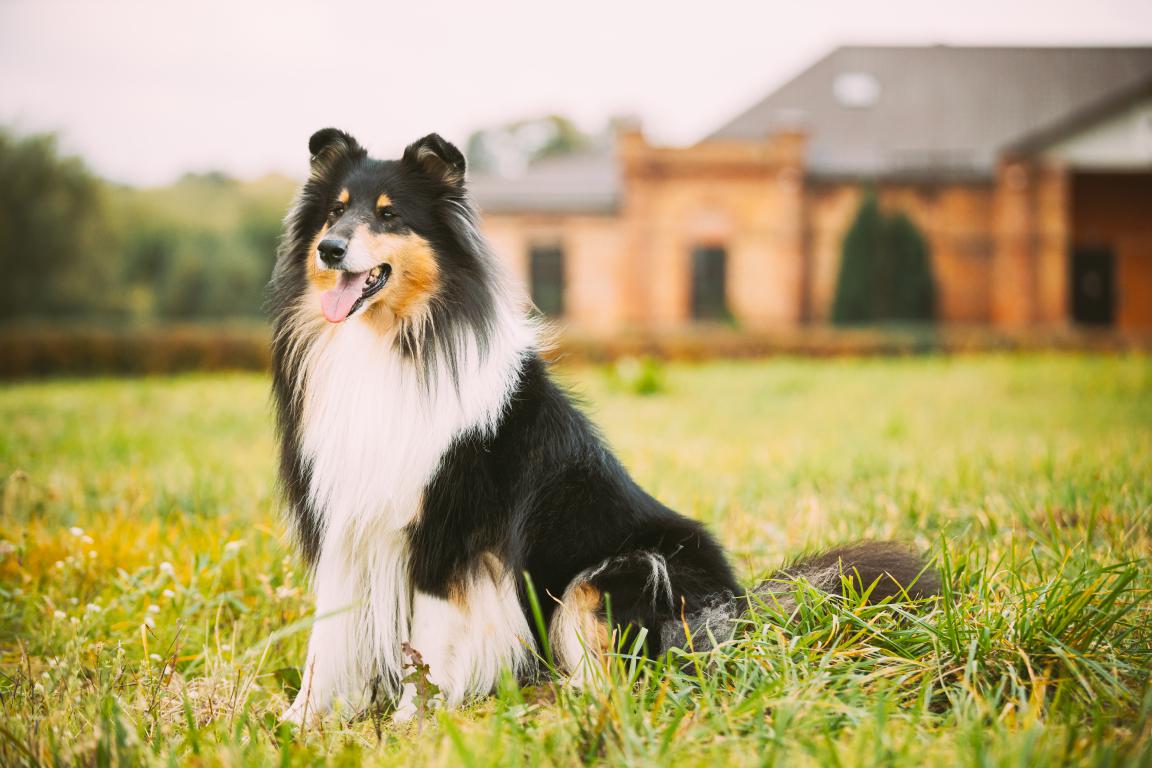
CollieThe Collie, particularly the Rough Collie, is a breed that’s well-suited for emotional support roles and general assistance, especially for individuals who may benefit from a loyal, gentle, and intelligent companion. Known for their loyalty and gentle nature, Collies have much to offer as assistance dogs.
1. Gentle and Intuitive Nature
2. Trainability and Willingness to Please
3. Great with Families and in Public
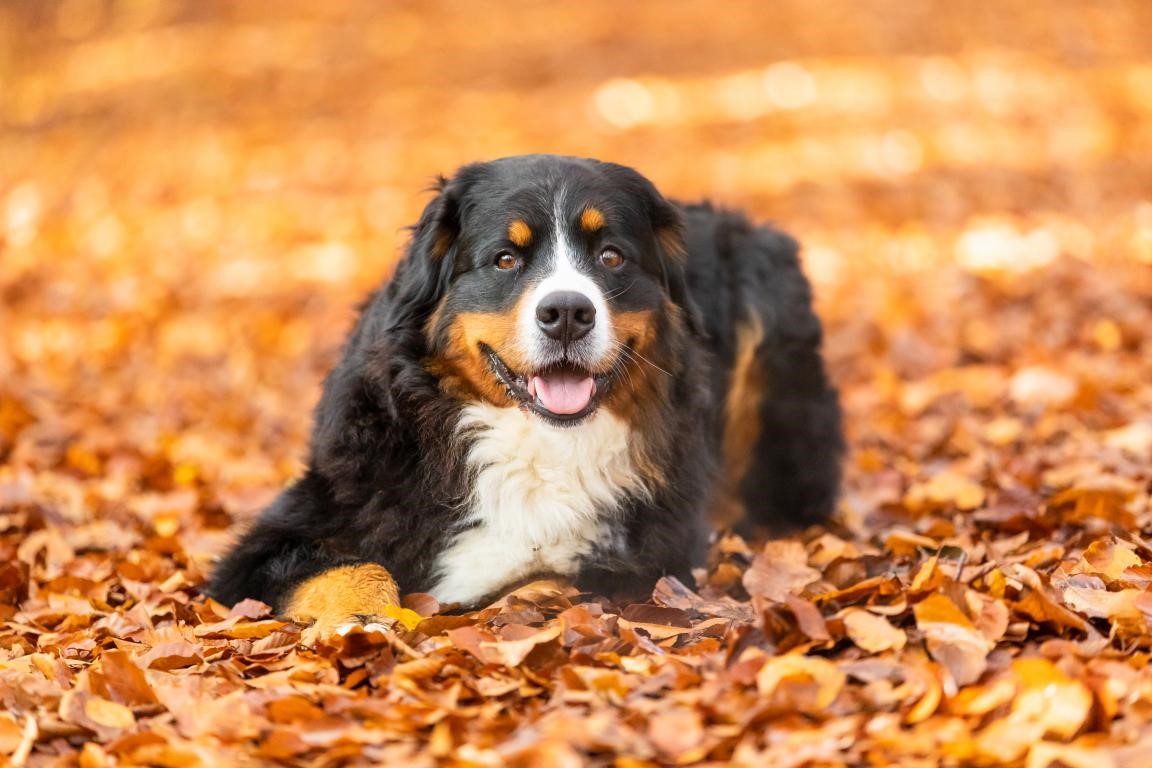
Bernese Mountain DogThe Bernese Mountain Dog is a breed that’s often used for physical support and mobility assistance. Known for their size, strength, and gentle temperament, Bernese Mountain Dogs excel in providing physical support while maintaining a calm and friendly nature.
1. Size and Strength for Physical Assistance
2. Calm and Friendly Disposition
The Card Project UK's Assistance Dog and Assistance Dog In Training ID CardsAt The Card Project UK, we understand the vital role that assistance dogs play in the lives of those who need support. Whether it’s guiding, alerting, providing physical assistance, or emotional support, these incredible dogs make everyday activities more manageable. To support the partnership between assistance dogs and their handlers, we offer a range of Assistance Dog ID Cards that can help make life just a little bit easier. Easier Access to Public SpacesAssistance dogs have legal rights to enter public places, but confusion or challenges can still arise, especially from those unfamiliar with assistance animals. Our Assistance Dog ID Cards help make these situations easier to navigate. Each card clearly states that the dog is a trained assistance dog, along with relevant information such as the handler’s name and the dog's photo. This visible identification helps to avoid misunderstandings and makes gaining access to public spaces smoother. Supporting Assistance Dogs In TrainingTraining an assistance dog is a long and detailed process that requires patience and consistent exposure to various environments. Our Assistance Dog ID Cards help make the training process as effective as possible by indicating that the dog is still learning. Displaying the card in public helps inform people to give the handler and dog extra space and patience, as well as encouraging positive interactions that will benefit the dog’s training experience. Professional and Clear DesignOur ID cards are the same size as a standard credit card (86mm by 54mm) and made from biodegradable plastic, ensuring they are durable while also considering environmental impact. The front of each card includes the assistance dog’s photo, their name, and a clear indication of their role, such as "Assistance Dog" or "Assistance Dog In Training." This professional design allows for easy visibility and understanding at a glance. Providing Confidence and IndependenceHaving an Assistance Dog ID Cards can provide handlers with extra confidence in public spaces. The card is a visible form of identification that can reassure staff, members of the public, and even family members that the dog is working and that their presence is essential. For those training an assistance dog, the cards helps ensure that the dog can gain vital experience without undue interruptions, giving the handler and the dog the best chance to succeed in their training journey. Why Choose The Card Project UK?Our Assistance Dog ID Cards are designed with quality and practicality in mind. Made from biodegradable plastic, our cards are environmentally friendly without compromising on durability. We understand the importance of the relationship between an assistance dog and their handler, and our ID cards aim to make public interactions smoother, so you can focus on what matters most—living your life independently and confidently. Ready to Equip Your Assistance Dog with the ID They Need?Whether your dog is fully trained or currently in training, our Assistance Dog ID Cards provide peace of mind and easier access to the places you need to go. Visit our website at thecardproject.uk to explore our range of ID cards, personalise your order, and discover how we can help support you and your loyal companion.
© 2024 The Card Project Uk Ltd
VAT: 453 2087 06
|